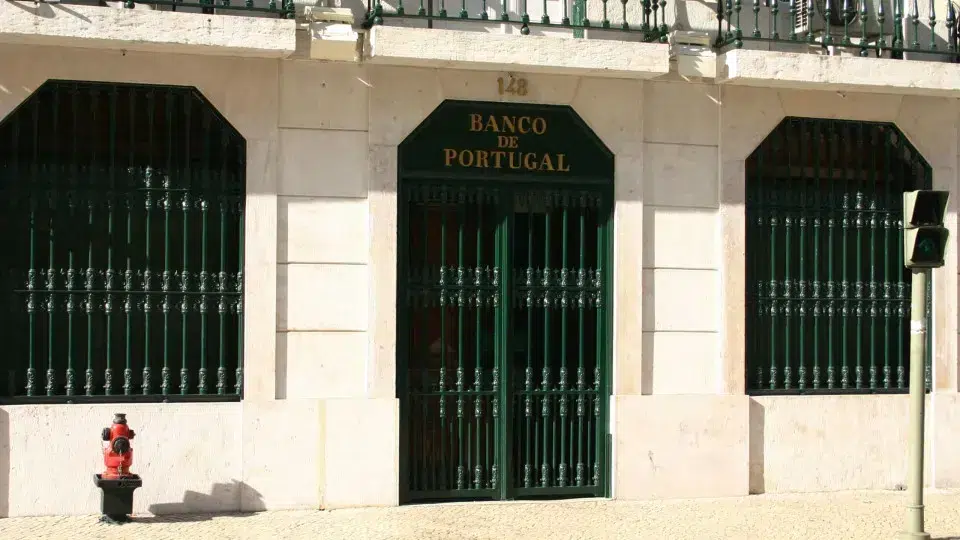
A new government regulation, published in the Diário da República on September 11, addresses a European directive concerning the sale of non-performing loans, which Portugal has delayed in adopting by over 600 days.
The European rules outline the necessary requirements for a bank to justify the sale of a non-performing loan, generally to funds, and the regulations to be followed by purchasing companies and managers of sold loans.
Directive 2021/2167, dated November 24, 2021, required European countries to incorporate these new rules into national legislation by December 29, 2023. However, Portugal is only now in the final stage of the legislative process, leading to an infringement procedure initiated by the European Commission against the Portuguese state.
The legislation establishing the regime for the assignment and management of bank loans (RCGCB) will only come into force 90 days after its publication in the Diário da República, which will occur on December 10, 2025.
In the meantime, the Banco de Portugal (BdP) is conducting a public consultation until October 29 to gather opinions on four issues, including how the supervisor will authorize managers of sold credits to exercise this activity.
Professionals will be subject to oversight by the central bank. In a note on its website, BdP states that the collection of opinions focuses on “the procedures and criteria for evaluating the authorization requirements for credit managers, as well as the information and elements that must accompany the authorization request for activity exercise.”
It also seeks opinion on “the elements that should be included in the public register of credit managers and the internal register at Banco de Portugal, as well as the rules for updating these elements.”
Another part of the notice concerns “the information elements that credit managers” wishing to work in another European Union country “must send to BdP.”
The final section addresses the form and content “of the communication to be sent to Banco de Portugal by credit managers concerning the subcontracting of credit management activities.”
In recent years, the sale of non-performing loans for housing loans by banks has left clients unprotected, preventing homeowners from exercising the so-called “right of redemption” of the contract (settling overdue debt, paying interest, and resuming installment payments).
Currently, clients are barred from resuming the credit as, from the moment of assignment (the technical term for the sale of credits to third parties), the loan no longer falls under the legal regime governing housing loans.
This means that the client loses the legal potential to exercise the “right of redemption,” leaving them in a more unprotected situation.
In two similar rulings, one from October 2024 and another from May 2025, the Supreme Court of Justice (STJ) annulled the sale of two credit assignments, citing “fraud to the law” in operations conducted by Santander Totta and BPI, as they excluded clients from that legal protection.
At the beginning of September, during a report on the sale of non-performing loans, Banco de Portugal informed Lusa that it was unaware of how much banks had sold in housing loans since 2017.
The year 2017 is identified by consumer advocacy association Deco as when the consequences of these operations became more visible.
The new regulation seeks greater client protection, “enshrining the principle of assignment neutrality, under which the borrower cannot be in a worse legal situation than they had with the original lender,” as explained to Lusa by BdP.




